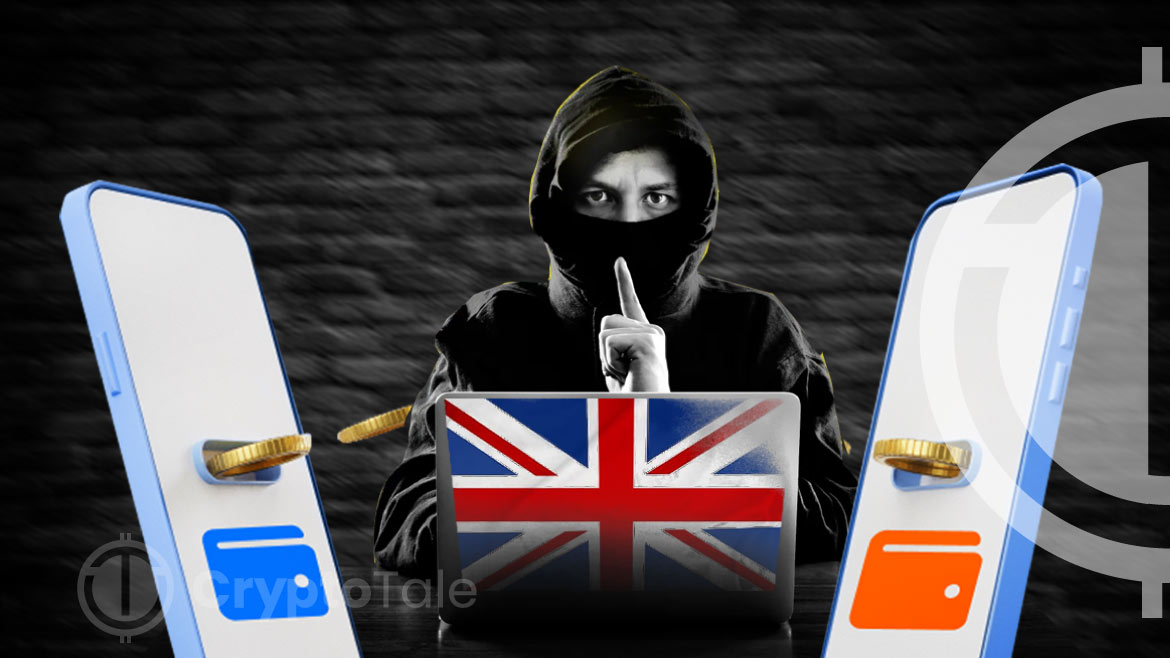
The UK’s National Crime Agency (NCA) has revealed that about $5.1 billion is linked to illicit crypto transactions annually. This alarming figure is tied to a rise in serious and organized crime. The NCA’s report highlights the growing use of cryptocurrencies to launder non-digital assets, particularly cash. Criminals are increasingly turning to digital currencies as a tool for money laundering, making it harder for authorities to trace illicit funds.
Criminal networks have adapted to using cryptocurrencies for laundering money, connecting UK-generated crime proceeds to global cybercrime. These networks employ various methods to obscure the origin of the funds, making it challenging for law enforcement to track the illicit activities. The NCA’s report underlines the threat posed by these international controller networks, which use digital currencies to launder proceeds from traditional crimes, including cash.
The rise in cybercrime has further fueled the use of cryptocurrencies in illicit activities. Malware and ransomware are commonly used to acquire digital assets. Malware is malicious software that can take control of a victim’s device. In contrast, ransomware encrypts files, demanding a ransom, typically in cryptocurrency, for their release. The NCA emphasized the growing danger of these attacks, which often target victims globally.
Scaramucci Advocates for Bipartisan Crypto Regulation Amid U.S. Political DebateEarlier this year, the NCA, with international assistance, disrupted LockBit, a notorious ransomware group. LockBit had targeted over 2,000 victims worldwide and collected more than $120 million in ransom payments. The NCA’s efforts, in collaboration with the American FBI and other international partners, led to the seizure of LockBit’s primary administration environment. This takedown significantly disrupted the group’s operations, preventing further attacks and the potential for more victims.
Additionally, Europol coordinated a broader action that resulted in the arrest of two LockBit affiliates in Poland and Ukraine. Authorities also froze over 200 cryptocurrency accounts linked to the group. These coordinated efforts reflect the international community’s growing resolve to combat cybercrime and its connection to illicit cryptocurrency activities.














